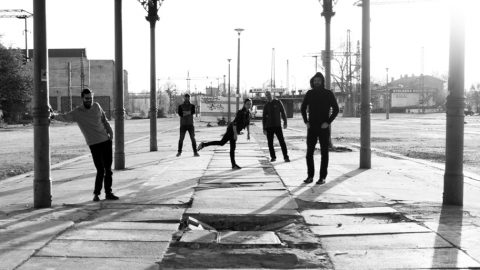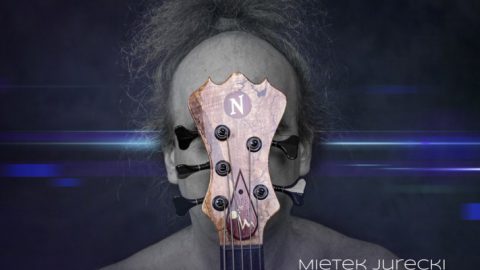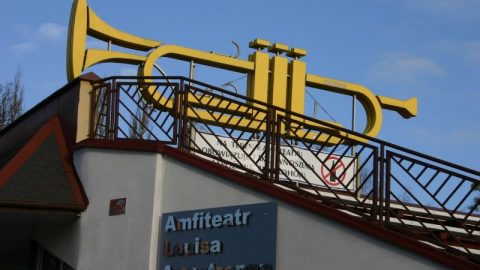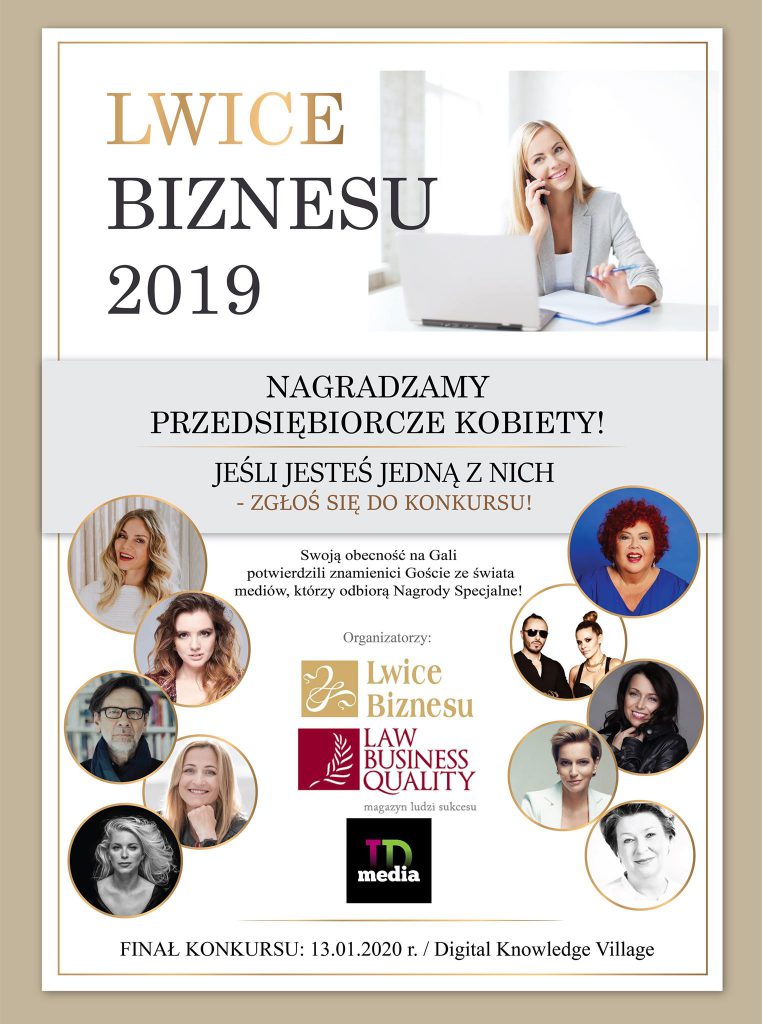If life were easier, then people would be more interested in the similarities between things, rather than the differences. The fact is, the differences are always more fascinating. To me this is never more true than when it is about something that has a noticeable impact, even though the actual difference is apparently very small, at least at first glance.
When these impacts are cultural, they have the opportunity to become a part of the fabric of society, of the shades and flavours that make the people of one nation recognizable from another, even an ingredient of the fertile soil from which grow our mental pictures, our stereotypes.
Before I go any further, I should point out that my observations are made solely on the basis of my personal experiences and impressions in Poland, rather than from any in-depth academic study, so I freely invite anyone to offer me corrections from my whimsy to their fact, should they have the evidence to support it.
It will come as no surprise to anyone that one of the areas I would like to start with is music. Perhaps more surprisingly, I would like to share a few thoughts about the amateur musical scenes in the UK and Poland.
In the UK generally, and very much in England specifically, amateur musicians are everywhere. They are a fact of life and are responsible for the creation of a significant proportion of the famous and memorable musical creations associated with the country. Let’s start with a few famous names: Andrew Lloyd Webber, Kate Bush, The Beatles, Tom Jones, The Rolling Stones, Sting, Amy Winehouse.
I could also invite you to listen to one of the oldest 100% amateur bands in the world, Brighouse & Rastrick.
Obviously, everyone in this list has something in common – they are / were world-famous, highly-paid professional musicians. Less obviously, none of them went to music school. Believe me when I say I could easily expand the list to 50 names known in Poland and the rest of the world. None have any qualifications in their profession, and this is where one of the first subtle but (I believe) significant differences lies.
About a year ago, my wife (whose idea it was that I should write here) suggested that I should sign up to a couple of agencies, and audition for small roles on television, perhaps in adverts, to make my face better known. Soon after I was accepting occasional work, to the extent that for a short time I was earning as much as an ‚actor’ as I was as a musician! Every time you go to a casting for one of these, you fill in a form. One of the questions on the form is “amateur or actor?”. Obviously the forms are in Polish, but the question is clear. For Poles this is no problem. It’s a very simple question. For me it raised an interesting issue.
Let’s imagine for a moment that we’re in England. Somebody asks me if I’m an actor. I have acted, so I can say “yes”. They might then ask if I’m a professional. I have been paid for acting work, and have paid taxes on my earnings (so it’s official and legal) so I can say “yes”. If they then ask me if I have any professional qualifications or training as an actor I would answer “no”, but I can still comfortably say that I’m a professional actor without being dishonest in any way.
Back in Poland, it seems that even in the arts, if you don’t have a piece of paper from someone saying that you’re something, then you’re not.
John Lennon – an amateur in Poland?
Musically speaking, what I have seen in Poland is that if you show some musical leanings as a child, you might be sent along to a music school as well as normal school. If you develop in this environment, you might continue a musical education, until it becomes your profession. I have lost count of the number of times someone has told me “I used to play a ………. but I wasn’t good enough.” Good enough for what? Good enough for whom?
I hope to receive a flood of examples of world-famous Polish musicians who have had a noticeable impact on world culture without the “benefit” of a musical qualification. Please tell me I’m wrong. I would like to be wrong, because a part of me fears that a great resource of creativity and musicality is being lost or disregarded because of a cultural habit which says “if you’re not formally qualified at something, you cannot possibly be any good at it”.
Tekst: Mark ShepherdBrighouse & Rastrick can be found here: http://www.brighouseandrastrick.com/
Mark Shepherd
Latest posts by Mark Shepherd (see all)
- Mark Shepherd – #5 – A Little Less Elbow, Please - 29 września 2017
- Mark Shepherd – #3 –Are You Boared, Your Excellency? - 21 maja 2017
- Mark Shepherd – #2 – Are You Performing Or Competing? - 14 lutego 2017





















































